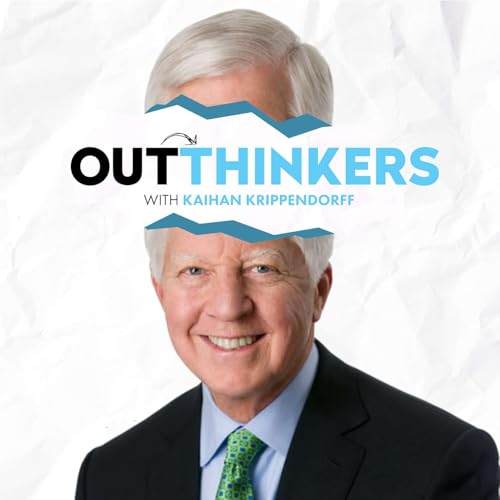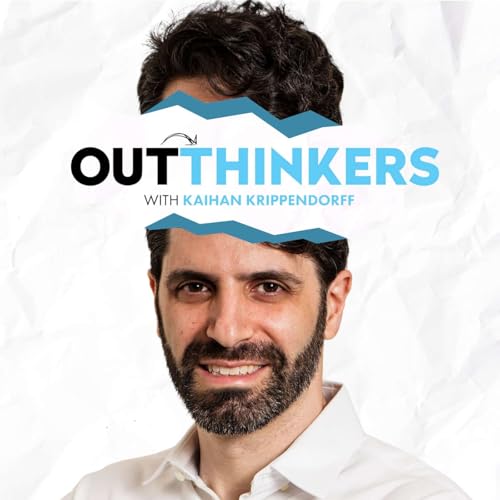Jana Werner is a global executive advisor and Executive in Residence at Amazon Web Services, where she works with Fortune 500 leadership teams on organizational transformation and enterprise strategy. She holds a PhD in uncertainty dynamics in projects and has contributed to academic research and teaching at institutions including Oxford and the London School of Economics.
Phil Le-Brun spent 31 years at McDonald’s, serving as International CIO and leading technology delivery across more than 120 countries. He is now an Executive in Residence at AWS, serving as an enterprise strategist and evangelist, with advanced degrees in systems thinking.
Together, they are the authors of The Octopus Organization: A Guide to Thriving in a World of Continuous Transformation.
Most large companies still operate like machines. Rigid hierarchies, tight controls, and permission-based decision making may deliver predictability, but they quietly kill ownership, learning, and innovation.
By contrast, the most adaptive organizations operate more like living systems, distributing intelligence, empowering teams, and enabling continuous transformation. Companies like Amazon demonstrate how decentralization, clarity, and ownership can create alignment rather than chaos.
This episode explores how leaders can replace command-and-control structures with environments where innovation becomes everyone’s job.
In this episode we cover
- Why the “organization as a machine” model is breaking down
- The Octopus Organization metaphor and distributed intelligence in action
- How clarity and context enable decentralized decision-making
- Ownership vs permission and the pigs-and-chickens lesson
- Why real innovation must be embedded across every layer of the organization
- How curiosity and intelligent failure drive continuous transformation
Episode Timeline
00:00 Highlight and introduction to the Octopus Organization
02:00 Guest introductions and background
04:30 If you really know me… personal stories from Jana and Phil
07:40 Defining strategy as choice and what not to do
10:00 Tin Man vs Octopus organizations
13:30 How decentralization increases alignment
16:00 Ownership, permission, and single-threaded leadership
20:00 Amazon leadership principles and disagree-and-commit
22:30 Creating organizational clarity at scale
26:00 Focus, subtraction, and the mountaineering story
28:30 Durable needs and strategy at Amazon
30:30 Complicated vs complex systems in transformation
33:00 Curiosity, experimentation, and intelligent failure
36:00 The monkey-on-a-pedestal lesson
38:00 Centralized vs decentralized innovation
41:00 Lighting a thousand fires and continuous transformation
44:00 Why this model outperforms traditional change programs
45:30 Where to learn more and connect with the authors
Additional Resources
Book: The Octopus Organization
Website: https://www.theoctopusorganization.com
Jana Werner LinkedIn: https://www.linkedin.com/in/janawerner1/
Phil LeBrun LinkedIn: https://www.linkedin.com/in/phillebrun/
Watch now on Youtube: https://youtu.be/qcD2GmX5uUI
Thank you to our guest, our executive producer Zach Ness, our editor James Pearce, and the Outthinker team. If you enjoyed this episode, please follow, download, and subscribe. I’m your host, Kaihan Krippendorff—thank you for listening.
Follow us at outthinker.com/podcast
 Jan 20 202646 min
Jan 20 202646 min 46 min
46 min 42 min
42 min 36 min
36 min 39 min
39 min 36 min
36 min 45 min
45 min 44 min
44 min
